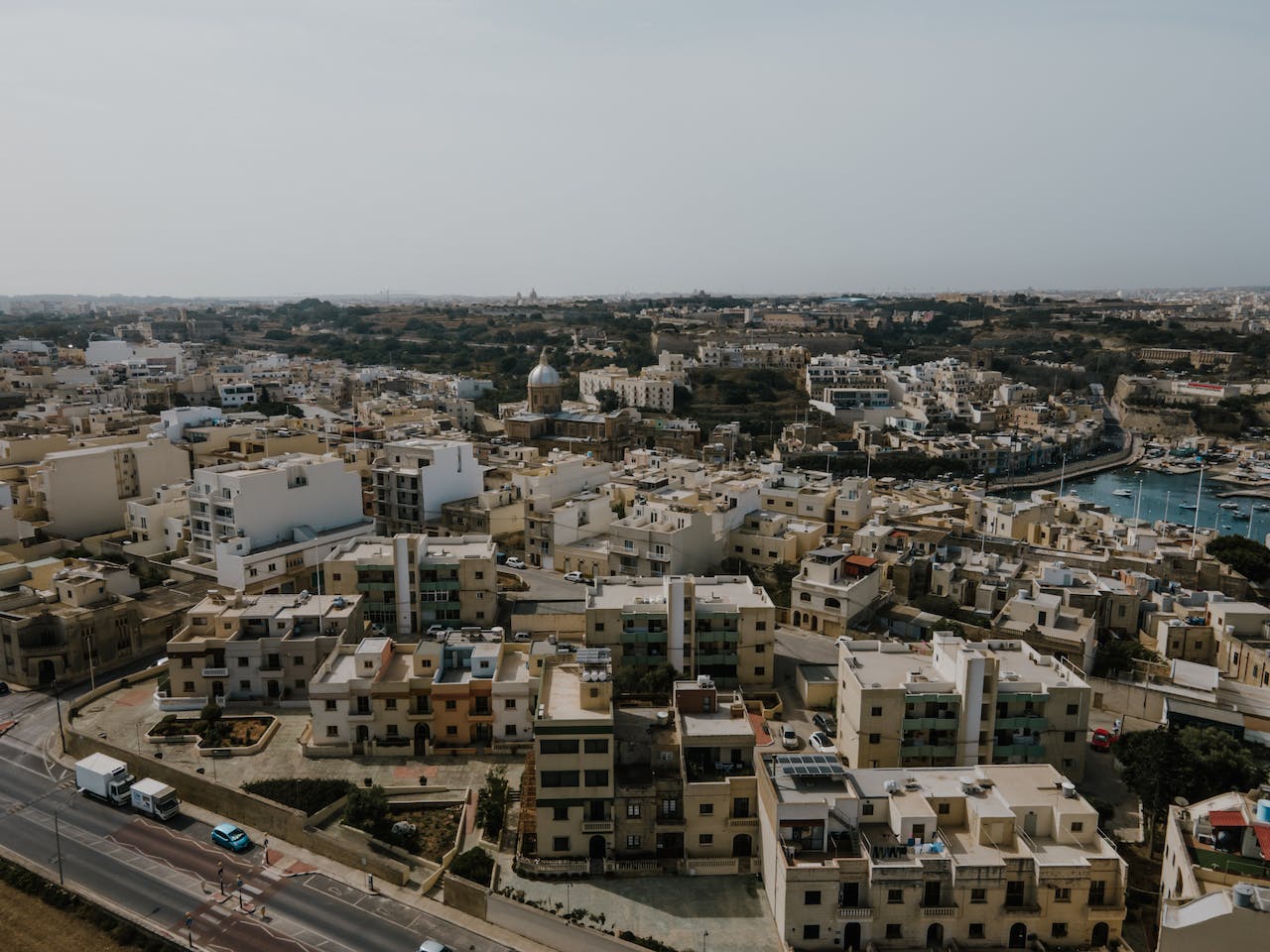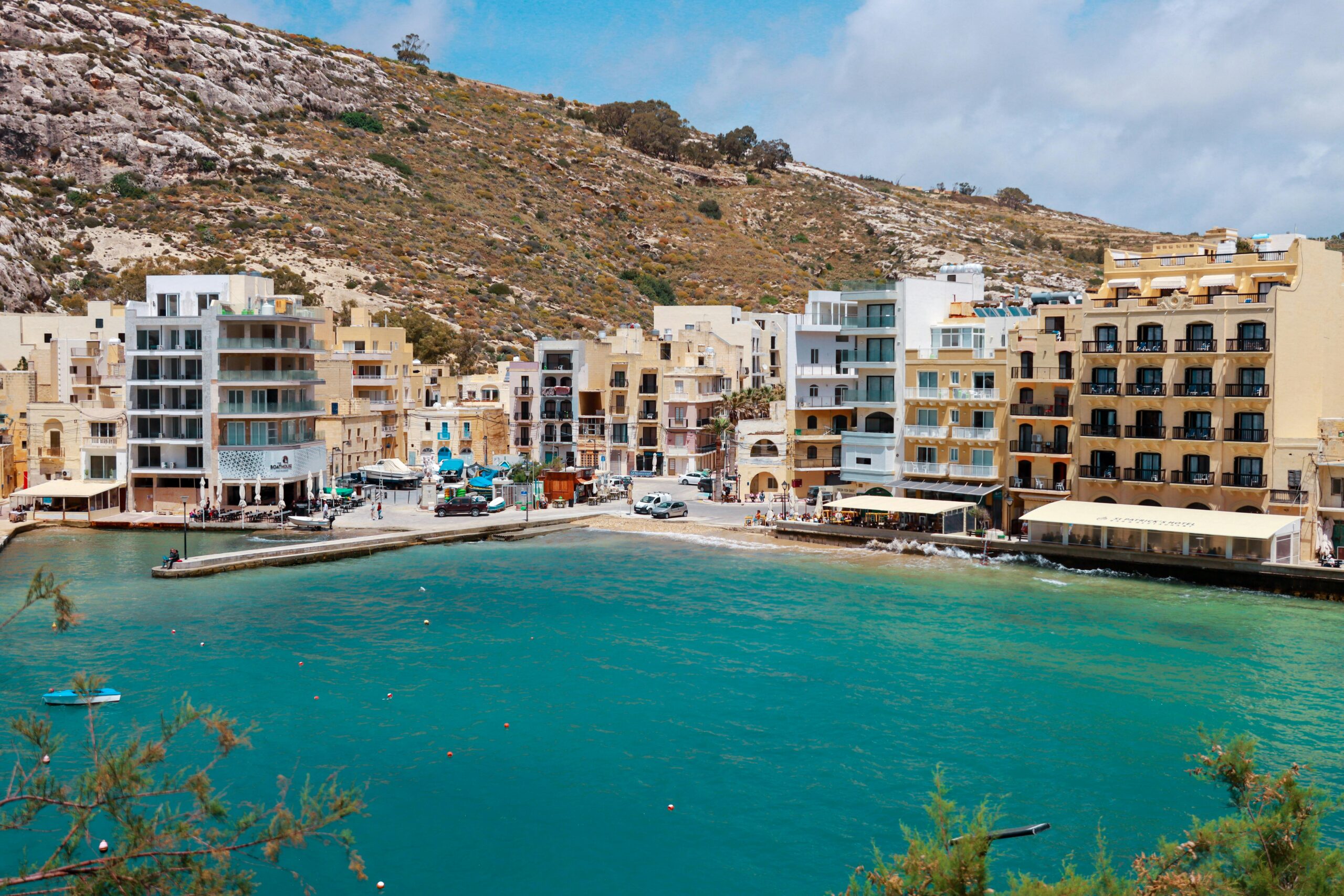Low COVID numbers and the return of events are leading to a sense of cautious optimism among Malta’s hotels, but reduced flights and staffing issues remain pressing concerns.
While booking figures remain a far cry from the pre-pandemic record-breaking numbers witnessed in 2019, various hotels spoken to by BusinessNow.mt said they were starting to get back on their feet.
“We are receiving a positive response for mid-March onwards, with April being stronger than March. As soon as the COVID numbers drop, business usually flows well. Looking at the current event calendar for Malta, one can notice a decent number of events planned from May onwards and these all augur a positive trend for the industry,” said Claire Zammit Xuereb, director of hospitality and care at AX Group Hotels, which operates several four and five-star hotels in Valletta, Sliema and Qawra.
“People are regaining confidence in booking their holidays. There is a pent-up demand for travel waiting to be released. Companies have started re-booking conferences and incentives for large groups, which is also very encouraging,” agreed Alaine Ciantar, commercial director at the Corinthia St. George’s Bay hotel.
Simon De Cesare, CEO of Eden Leisure Group, which owns the InterContinental Malta hotel, also expressed optimism but stressed that meetings, conferences and other such events needed to make a comeback in order to reach pre-pandemic levels.
“InterContinental Malta was in the past very successful in this segment, especially considering we have the largest meeting space and Arena in Malta. They are essential to our business and obviously, we are very dependent on air access to Malta, access that is still well below 2019 levels, as well as the need to reduce or remove restrictions that are no longer required or helpful to the pandemic,” he said.
In terms of booking trends, the various hotels said the phenomenon of short lead times – the time between a hotel booking and the actual stay – that was caused by the pandemic, was still prevalent.
“We did notice an increase in lead time in the past weeks. However, the last-minute trend is still relatively strong with circa 60 per cent of our weekly booking pace currently being for stays between February till April,” said Ms Zammit Xuereb.
“People are not planning long term travel arrangements. There is a wait-and-see game happening for the time being. What we need for the future is a period of stability for us to evaluate booking trends for both, individual and groups clientele,” Mr De Cesare said.
While the UK, Germany and France remain Malta’s biggest markets, Ms Zammit Xuereb said the average age of occupants at AX Hotels had dropped drastically since the start of the pandemic.
Aside from reduced flights, the biggest obstacle facing hotels right now is the ongoing staffing crisis.
“The biggest obstacle today is finding people to work in this business, both in terms of quality and quantity. The Government needs to take this very seriously as it is the greatest challenge we are facing. It needs to strengthen ITS to deal with the huge void in the market and strengthen ties with selected markets overseas to import the resource from abroad. The vacuum is too large. We need an influx from both locals and foreign markets,” said Ms Zammit Xuereb.
“From an HR standpoint we need qualified work force so we can provide excellent service to our guests in the hotels and in our many restaurants. After Covid, recruitment has become a main challenge to the hospitality industry,” agreed Mr De Cesare.
db Foundation raises €8,419 for Karl Vella Foundation with MasterChef Malta Charity Dinner
These events form part of the db Foundation's ongoing commitment to supporting vulnerable members of society through impactful initiatives
Residential property prices rise by 5.7% in first quarter of 2025
The new figures show continued growth in Malta’s property sector
Youth4Entrepreneurship Gozo 2025: Youth invited to propose innovative digital solutions
The initiative aims to empower youth to become active contributors to Gozo’s development by addressing local challenges






